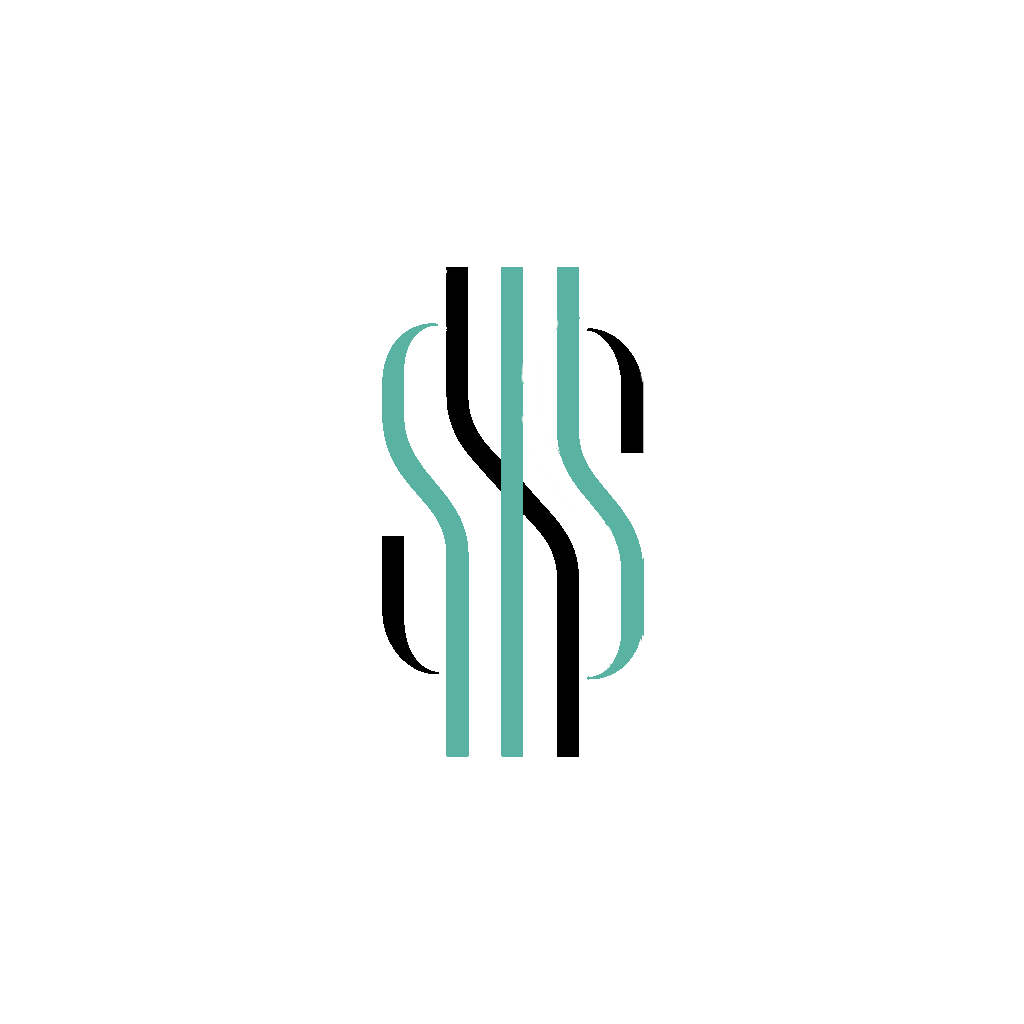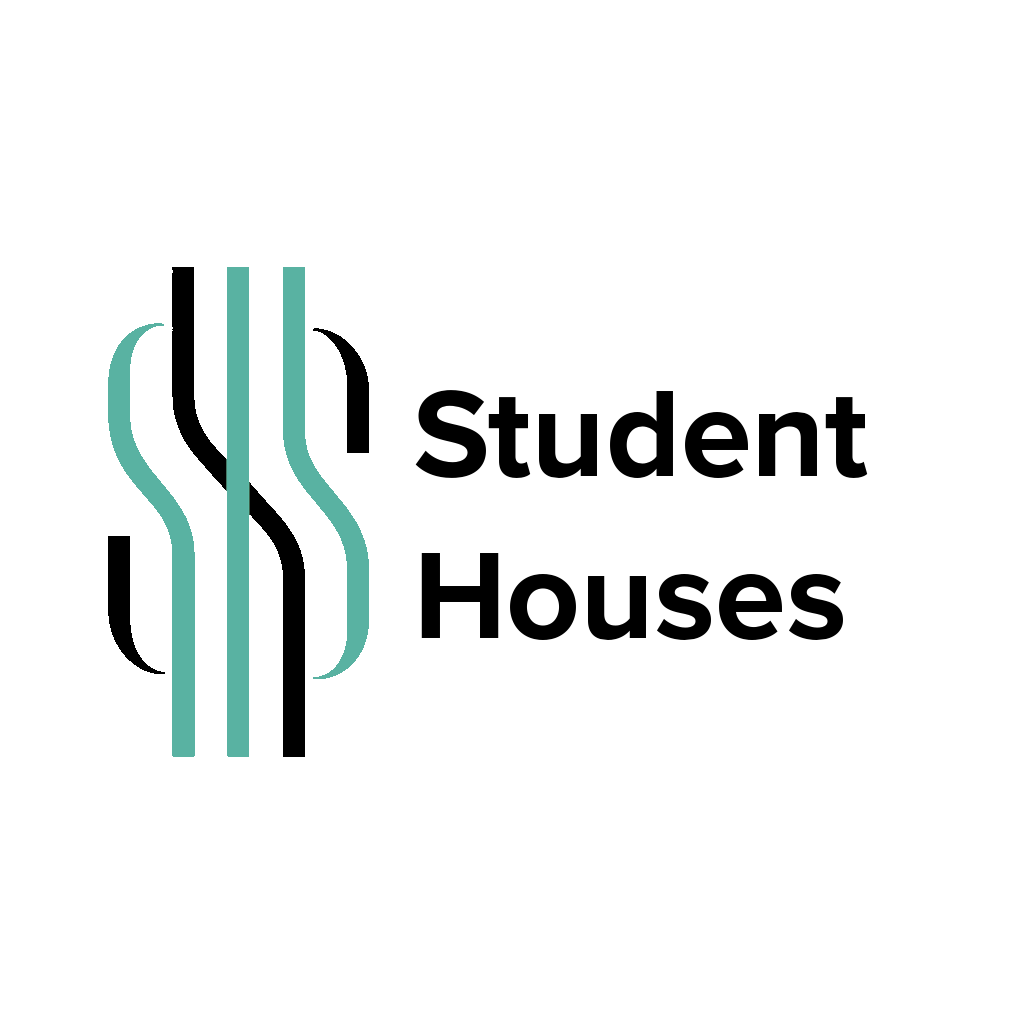

Finding the perfect accommodation can be challenging, especially when moving to a new city. We understand that students coming to Segovia have many questions about the renting process, housing options, and what to expect when living here. That’s why we’ve put together this FAQ page to answer your most common questions and help you settle in smoothly. Whether you’re wondering about lease terms, amenities, or how to make the most of your stay in Segovia, we’ve got you covered.

In Segovia, you can visit the Centro de Salud (health centre). the Hospital Recoletas Salud Segovia, the Centro Médico Los Tilos or the Hospital General de Segovia for medical assistance. It’s important to have your health insurance details with you when visiting these facilities. Pharmacies are also available across the city for minor ailments.
EU/EEA Students
If you are an EU/EEA student staying in a Member State solely for study purposes, you will need a European Health Insurance Card (EHIC).
The EHIC grants access to medically necessary, state-provided healthcare during your stay in an EU/EEA country. Students from the UK can obtain a GHIC card instead.
Please note, the EHIC does not replace travel insurance. It does not cover private healthcare or costs like return flights to your home country.
Non-EU/EEA Students
For non-EU/EEA students studying abroad, travel health insurance might suffice. If you already have insurance from your home country, verify with your provider that your policy extends to your destination country.
If your current health insurance is not recognized there, you may need to obtain national health insurance in your study destination. Additionally, if you have a permanent or long-term residence permit or are employed in the country, you might be required to purchase national health insurance.
For specific information about health insurance requirements for students in particular countries, refer to the country profiles section.
The emergency number is 112. This is the number to call when you are in distress in any Member State in the Europe Union. For fire, police and ambulance services, you can dial the emergency number 112 anywhere in the EU, free of charge.
Utility companies often charge fixed monthly fees even when you’re not using the property. These cover infrastructure costs, like meter rental and maintenance. Additionally, any standing appliances (like a fridge) may consume a small amount of energy even if you’re not actively living there.
Spanish tap water is safe, and in the few cases it’s not, warnings must be issued. That said, the taste varies; cities downstream from mountain ranges usually have great tasting tap water.
In Spain, tenant liability insurance is not legally required, but many landlords recommend or even require it as part of the rental agreement. It’s a good idea to have this insurance to cover any potential damages to the property during your stay. Read more about the tenant liability insurance here.
Segovia offers an efficient bus service with 12 daytime routes connecting the center with the suburbs and other points of interest. Buses run every day, with night services on weekends and public holidays. Tickets are affordable, with special transport cards available for frequent travelers. You can learn more in our complete guide: Getting Around Segovia.
Segovia’s historic center is compact and easily navigable on foot, making walking one of the best ways to explore the city. For longer trips or to reach the suburbs, the public bus system operated by Avanza Grupo provides reliable and affordable transportation. Taxis and ride-sharing services are also available for convenience.
Yes, Segovia offers a night bus service on Fridays, Saturdays, and public holidays, operating from 11:00 PM to 6:50 AM. This service is ideal for enjoying the city’s nightlife and still having a safe way to get home.
There are several supermarkets near the student areas of Segovia. Popular ones include Mercadona, Carrefour, and Dia. You can find them in various parts of the city, often within walking distance of residential areas.
For household items, you can visit Carrefour, they offer a wide range of affordable furniture and home essentials. Additionally, there are smaller local shops and general stores that provide everything from cleaning supplies to kitchenware.
Taxi ranks are located at major points in the city, such as Plaza Mayor and near the bus and train stations. You can also book a taxi by calling the local taxi service at +34 921 44 55 00.
If you’re from an EU/EEA country, you can use the European Health Insurance Card (EHIC). Non-EU students should have private health insurance or check if their country has an agreement with Spain. Read more about health insurances for students.
You can get a SIM card at stores like Vodafone, Orange, or Movistar, which have branches in Segovia. Prepaid plans are widely available and easy to set up.
Check out our guide on how to obtain a SIM card here in Spain.
To open a bank account, you’ll need your passport, proof of residence, and sometimes a student visa or enrollment letter. Popular banks in Spain include BBVA, Santander, and CaixaBank.
Spain uses the Euro (€). Most places accept both cash and card payments, but it’s good to have some cash for smaller purchases.
Pharmacies are easily found throughout Segovia. They are marked by a green cross sign, and there is always one open 24/7 on a rotating schedule.
Segovia has an active recycling program. Different colored bins are available: yellow for plastics, blue for paper, green for glass, and grey for general waste.
Students from non-EU countries generally need a visa to study in Spain. EU/EEA citizens don’t require a visa but should register with the local authorities.
Segovia is considered a very safe city, with low crime rates. However, as in any city, it’s important to stay aware of your surroundings and keep an eye on your belongings.
Most universities in Segovia have an international student office where you can get assistance with paperwork, language help, or any other questions.
Many shops in Segovia open around 9:00-10:00 AM and close for a lunch break (siesta) from 2:00-5:00 PM. They reopen until around 8:00-9:00 PM. Supermarkets and larger stores have more extended hours.
You can join university clubs, language exchanges, or social events hosted by student groups. Participating in sports or volunteering is also a great way to meet new people.
Segovia has a continental Mediterranean climate, with hot summers and cold winters. Be prepared for some chilly weather, especially during the winter months. Check out our article about the weather in Segovia.
Most student apartments and shared housing have laundry facilities. If not, there are laundromats located in the city center where you can do your laundry.
The NIE is required for many formalities in Spain, such as opening a bank account or signing a lease. You can apply for it at the Comisaría de Policía (police station) in Segovia, and your university may help with the process.
Check out our full guide here.
There are many language schools in Segovia, or you can take language classes offered by your university. Participating in language exchanges with locals is also a great way to practice!
Don't have an account? Sign Up

